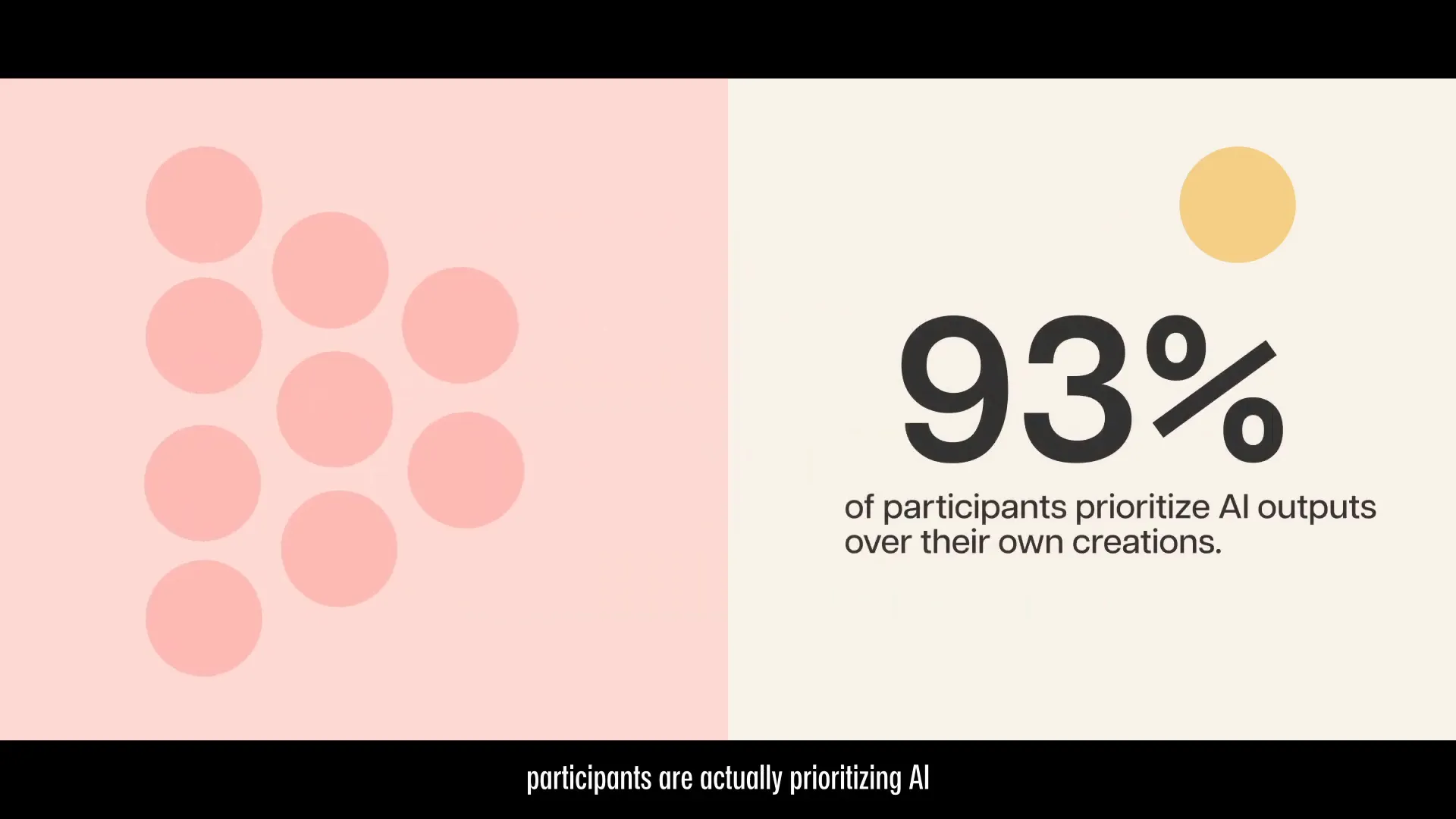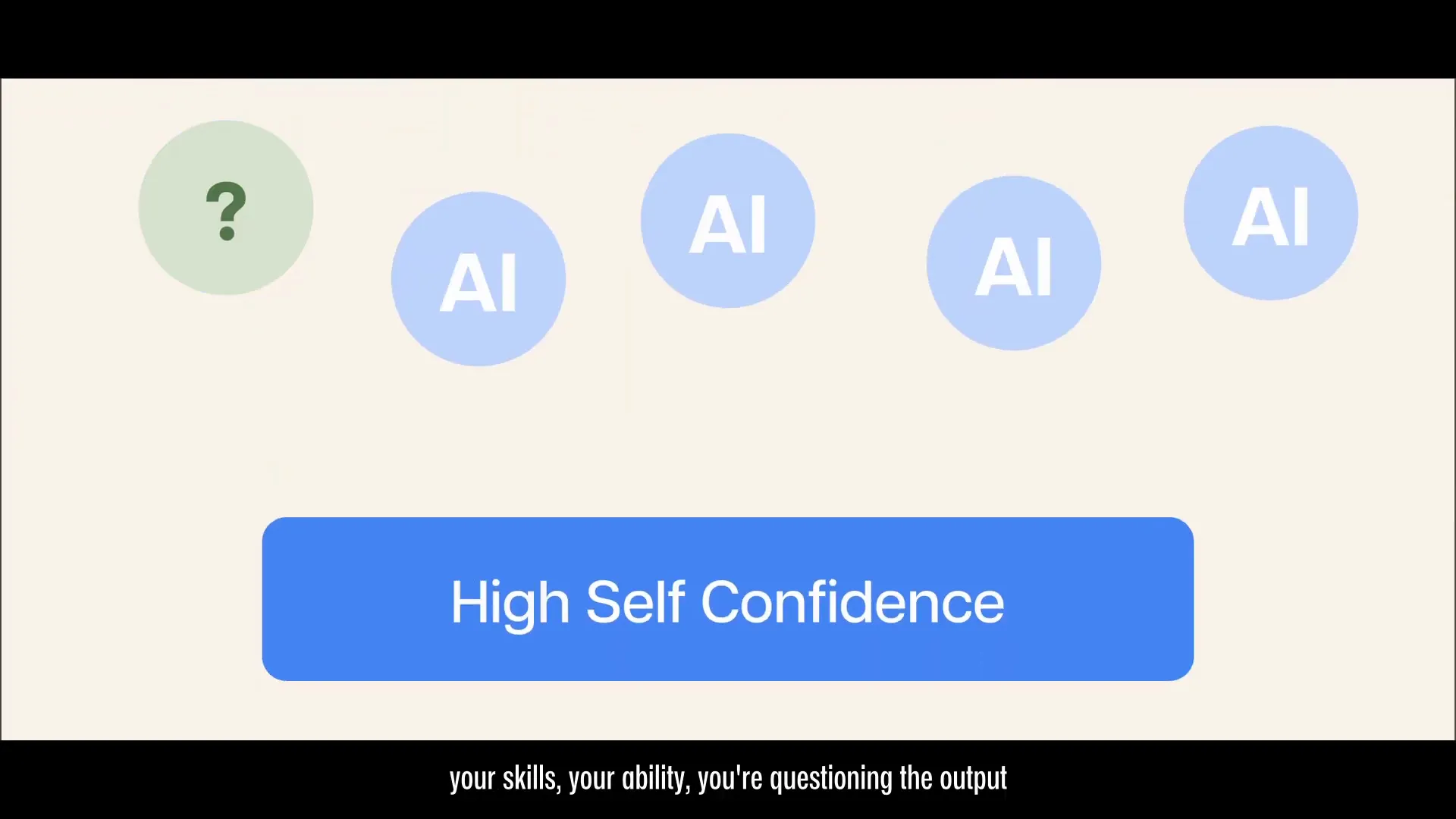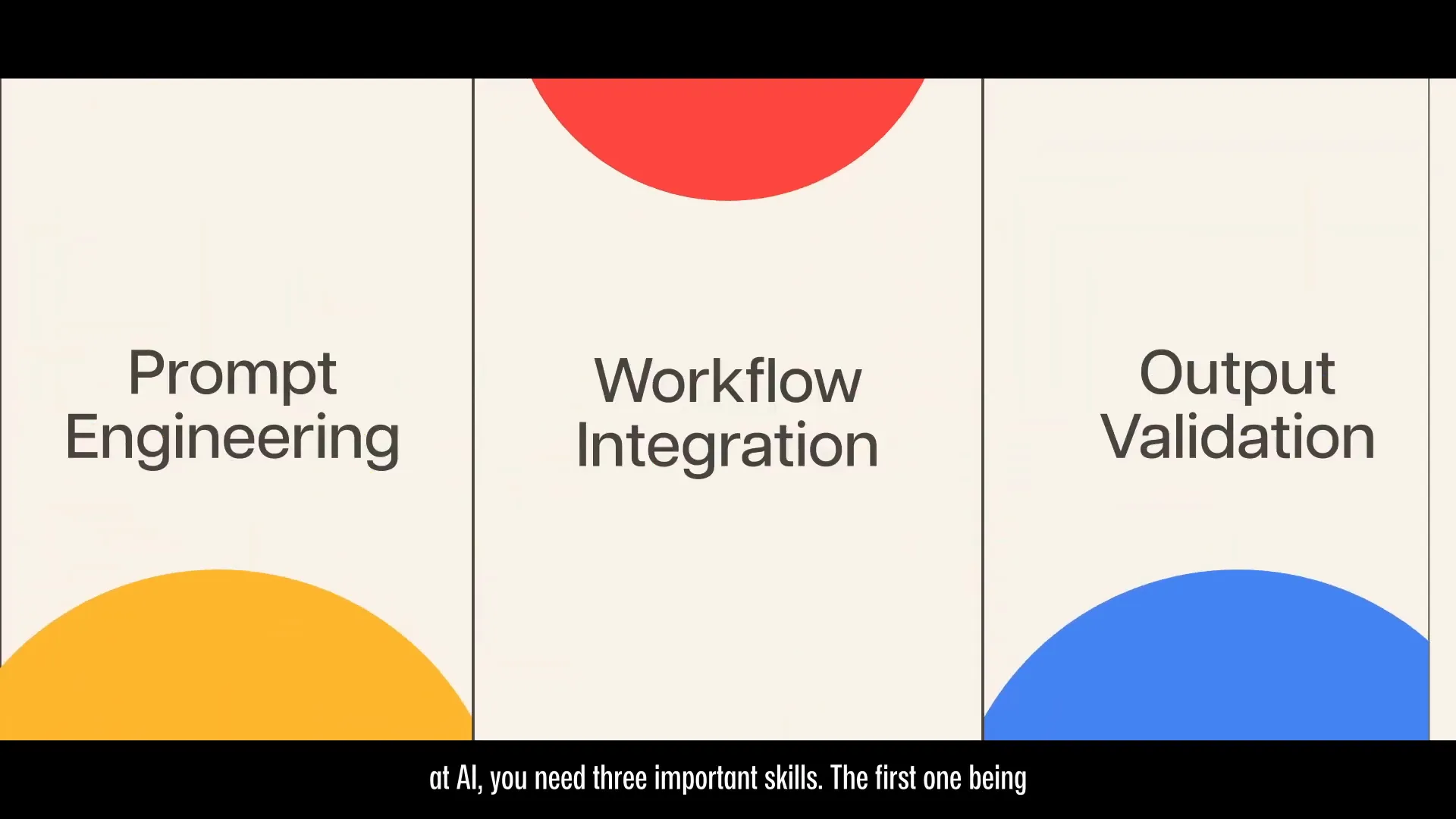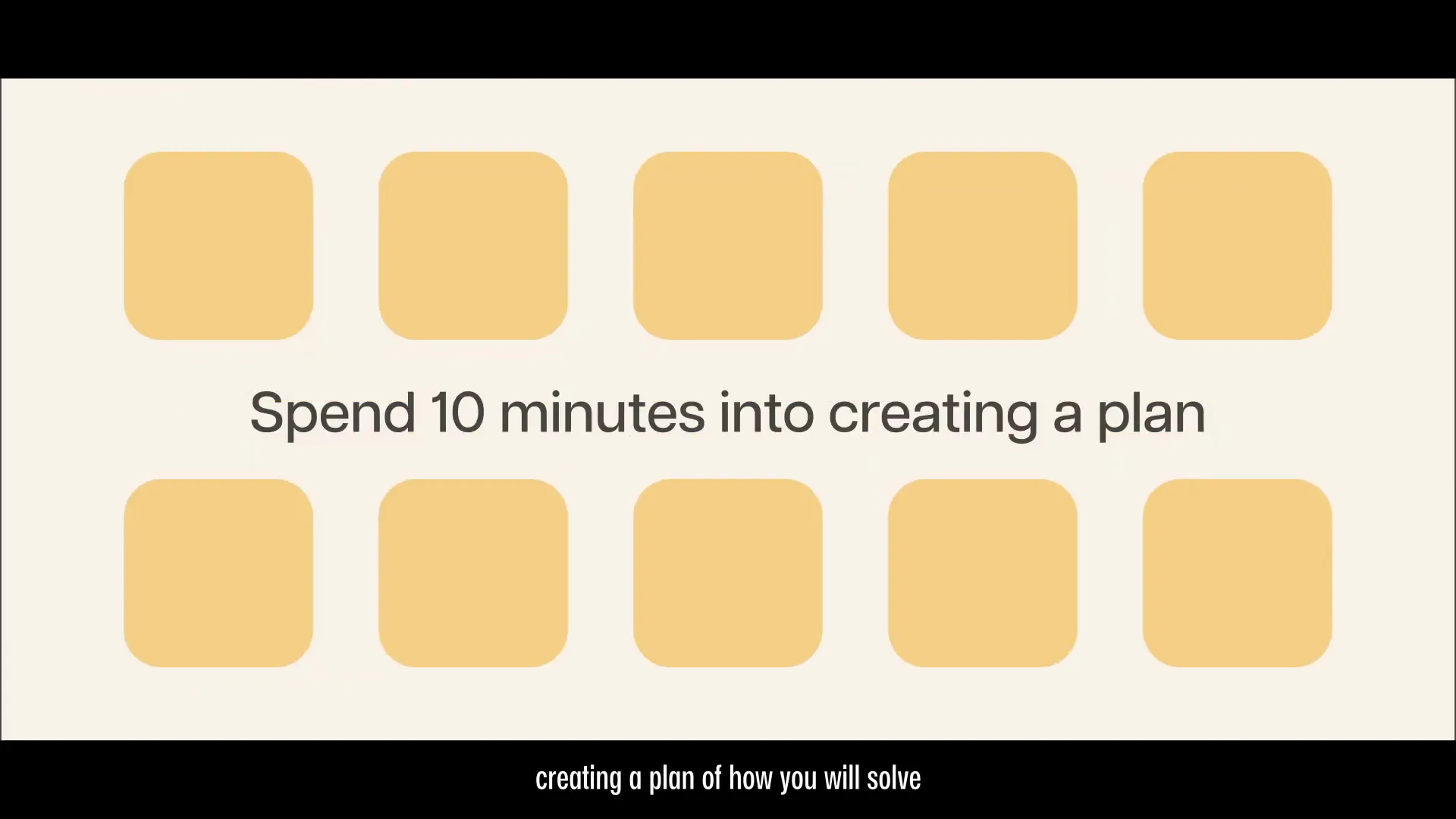My extensive list of skills
Your Brain is Dying: How AI is Killing Critical Thinking
In today's rapidly evolving digital landscape, artificial intelligence (AI) is becoming an integral part of our professional lives. A staggering 75% of professionals globally are using AI tools like ChatGPT and DeepSeek daily. But the pressing question remains: are we becoming smarter with AI, or is it quietly eroding our essential human skills? Recent research from Microsoft reveals some shocking insights that suggest the latter. Let's dive into how AI is impacting our cognitive abilities, particularly our critical thinking skills.
Table of Contents
- The AI Confidence Paradox
- Critical Thinking: The Mental Muscle
- The Confidence Paradox in Action
- Three Essential Skills for the AI Era
- Maintaining Your Critical Thinking Skills
- Conclusion: The Future of Thinking
- FAQ
The AI Confidence Paradox
Microsoft's study indicates that 93% of participants prioritize AI-generated outputs over their own work. This alarming trend shows that as we increasingly trust AI, we engage less with our own cognitive processes. The more we rely on these intelligent systems, the more we risk diminishing our mental abilities, especially when it comes to problem-solving and critical thinking.

Science backs this decline in our cognitive abilities. If we continue down this path, we risk losing our capacity to think independently and critically. The shift from being creators to mere reviewers of AI outputs is a significant concern. It indicates a broader issue where we are outsourcing our thinking to machines, which is not only detrimental to our personal growth but also to our professional value.
Critical Thinking: The Mental Muscle
Critical thinking is not merely a skill; it is akin to a mental muscle. Like any muscle, it requires regular exercise to remain strong. In the past, we relied on our minds for math calculations and memorizing important information, but calculators and smartphones have changed that. Now, we find ourselves losing fundamental skills like navigation. AI is doing something similar, but with our critical thinking abilities.

With tools like Google Maps, we no longer need to think about directions. This complacency extends to our professional lives, where many workers feel increasingly replaceable due to AI's capabilities. A staggering 53% of employees fear they are becoming redundant when using AI for critical tasks. This psychological impact is profound, as it undermines our sense of self-worth and value in the workplace.
The Confidence Paradox in Action
There's a troubling phenomenon known as the "confidence paradox." If you have high confidence in AI, you may find yourself trusting it more than your own skills, leading to a 69% decrease in your critical thinking. Essentially, the more you rely on AI, the less you trust your own judgment. This trend is concerning, as it fosters a culture where blindly accepting AI outputs becomes the norm, even when those outputs may not be relevant or accurate.

In fact, 83% of professionals admitted that they would accept AI outputs without question, often finding it easier to accept than to challenge. This raises significant concerns about our future in the workforce. AI is not eliminating jobs; it is redefining roles. Many professionals are using unauthorized AI tools, which they refer to as "shadow AI." This dependence on AI tools can weaken our cognitive abilities, making us less capable of executing tasks independently.
Three Essential Skills for the AI Era
To remain relevant in this AI-driven landscape, we must cultivate a new set of skills that complement our critical thinking abilities. Here are three essential skills professionals should focus on:
- Prompt Engineering: Crafting effective prompts is crucial for obtaining high-quality AI outputs. Understanding how to ask the right questions can yield more relevant results.
- Output Validation: Assessing AI-generated outputs for accuracy and relevance is vital. This involves checking facts and ensuring the information aligns with your needs.
- Workflow Integration: Identifying AI tools that fit your specific workflow can help streamline your tasks. For instance, if you're in marketing, finding tools that can enhance your campaigns will be essential.

Despite these skills, researchers warn that traditional critical thinking abilities are still essential. Without a strong foundation in critical thinking, the effectiveness of these new skills diminishes significantly. We must ensure that our brains are performing optimally to harness the full potential of AI tools.
Maintaining Your Critical Thinking Skills
As AI becomes more integrated into our daily routines, it’s crucial to take proactive measures to maintain our critical thinking skills. Here are some practical strategies:
- Create a Plan: Before starting any task, take ten minutes to outline how you would approach it. This mental exercise can help reinforce your problem-solving skills.
- Take Breaks from AI: Schedule regular intervals where you refrain from using AI tools. Just like a muscle, your brain needs time to flex and strengthen.
- Build a Verification Mindset: Always validate the sources of information. Question the data that AI provides and consider edge cases to enhance your understanding.

As AI continues to handle more routine tasks, emotional intelligence, collaboration, and critical thinking remain our superpowers. The future belongs to those who think creatively and critically. Don't just use AI; outthink it.
Conclusion: The Future of Thinking
The integration of AI into our lives is inevitable, but we must be cautious. The risk of losing our critical thinking abilities is real, and the consequences can be severe. As we navigate this new landscape, we must prioritize the development of our cognitive skills alongside technological advancements.
The journey ahead requires us to strike a balance between leveraging AI's capabilities and preserving the essential qualities that make us human. By becoming adept at navigating this duality, we can ensure that we remain thinkers, creators, and problem solvers in an increasingly automated world.
FAQ
- How can I improve my critical thinking skills?
Engage in activities that challenge your reasoning abilities, such as reading complex texts, participating in discussions, and practicing problem-solving exercises. - Is it possible to rely on AI without losing critical thinking skills?
Yes, by maintaining a proactive approach to validate AI outputs and regularly exercising your cognitive abilities, you can use AI as a tool without sacrificing your critical thinking skills. - What are some effective AI tools for professionals?
Tools like ChatGPT for writing assistance, DeepSeek for research, and various analytics tools can enhance productivity while still requiring human oversight.
In conclusion, while AI can offer remarkable advantages, we must remain vigilant to ensure it doesn't come at the expense of our most valuable human traits: our ability to think critically and creatively.
